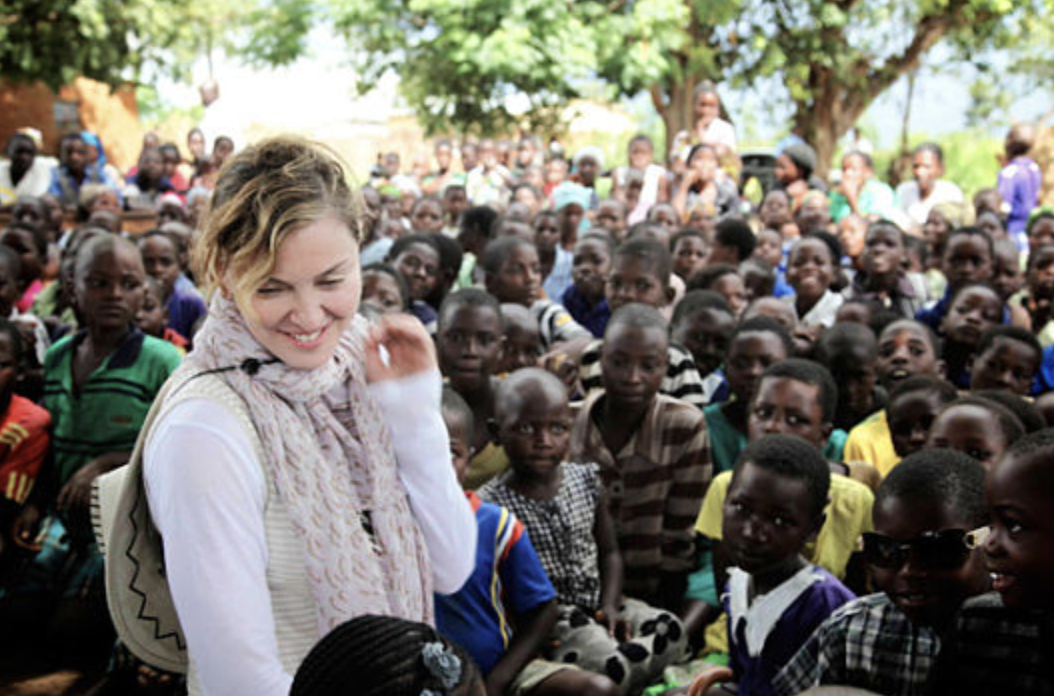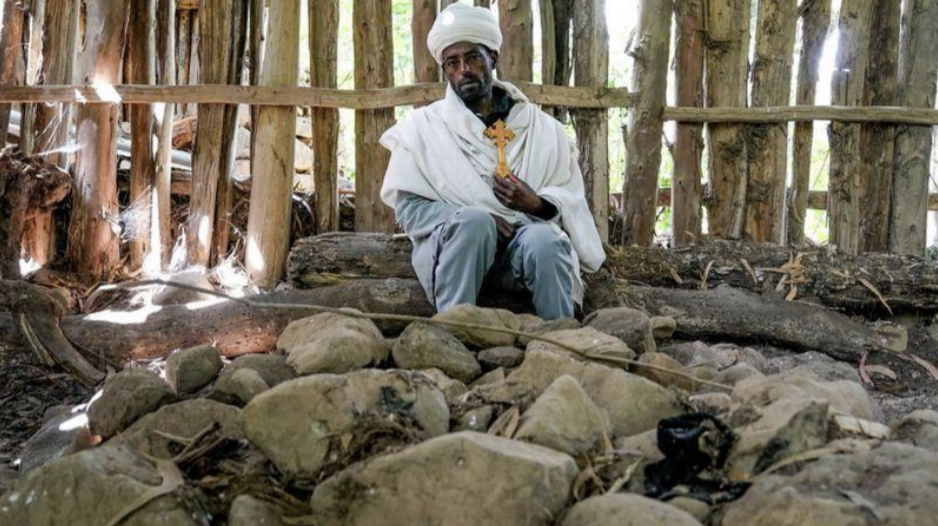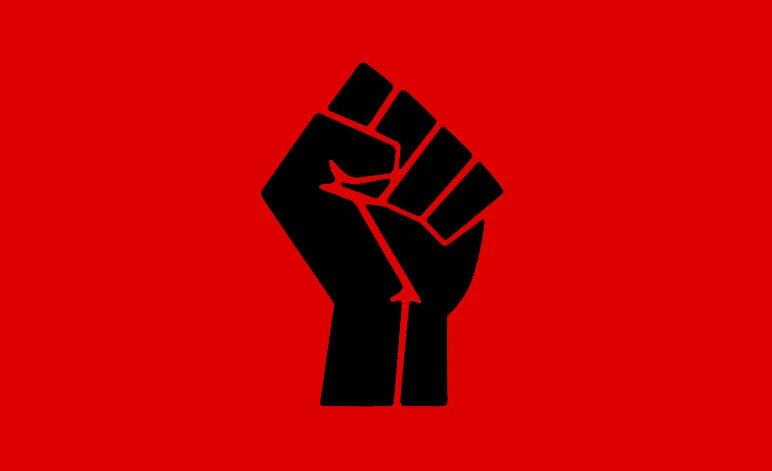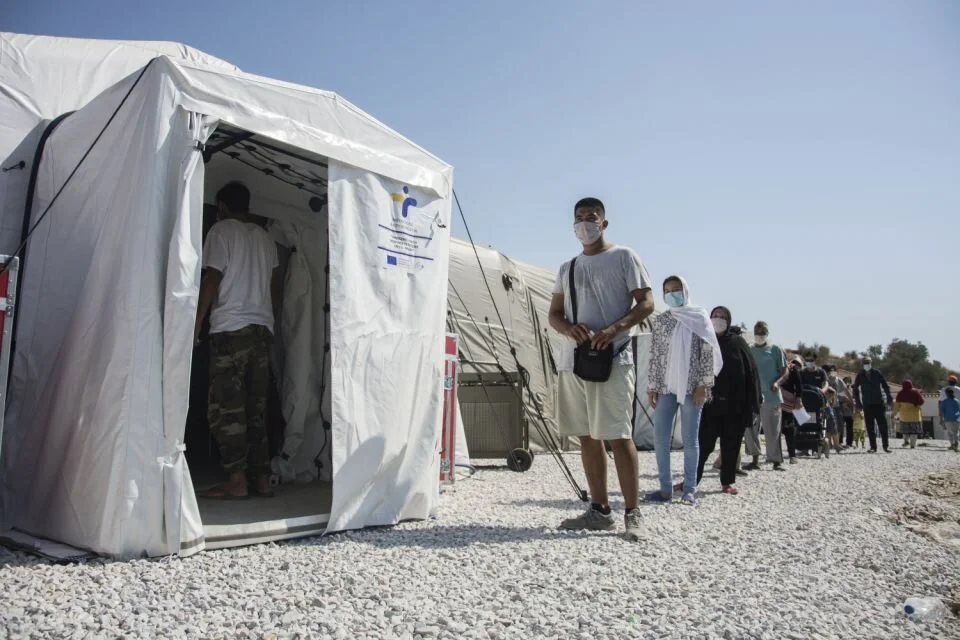With the outbreak of the war in Ukraine contributing to the ever-growing refugee crisis around the world, it is important to shine a light on the many reasons why hosting refugees is beneficial, not only to the refugees themselves, but also to the countries that host them.
Dr. Craig Loschmann, a research fellow at UNU-MERIT focusing on analyzing conflict-related migration, argues that the mere economic benefits of hosting refugees outweigh the possible associated risks. His experience participating in different UNHCR-funded projects in refugee camps in Burundi and Rwanda led him to conclude that hosting refugees can help…


















